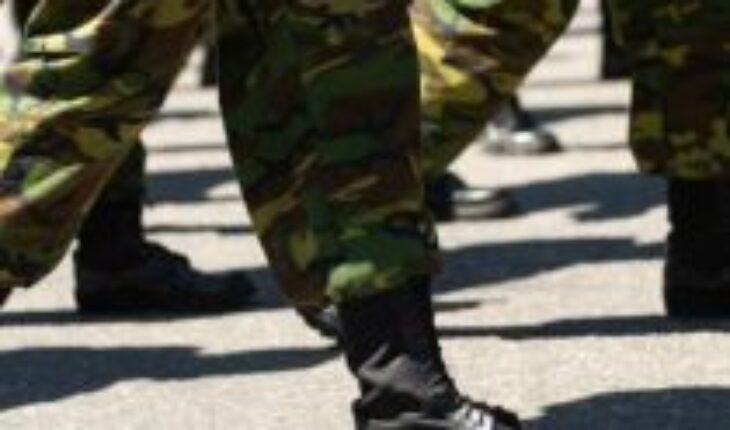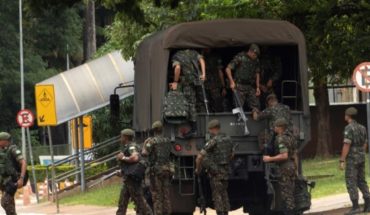Among the measures that the government can take, he believes, is to return to debate defense policy.
“What are the tasks of the armed forces? They must be circumscribed in such a way that the military moves away from functions that do not correspond to them,” he says.
“After these ten years of political crisis and with the military assuming many functions in the Bolsonaro government, what we see is that this has created in the young military generations the idea that they have a professional horizon that goes beyond military functions.”
Nothing new on the front
Marques Rule out a major reaction to the reform made by Lula, both in the PF and in the PRF and the army, because the change was already expected.
“These layoffs, to use a finance term, were already discounted. They knew that they would not be able to keep their positions, especially in the case of the names most linked to Bolsonarism,” he says.
“But the military maintains influence over other things, such as the choice of defense minister,” he adds.
Lula’s appointment of José Múcio Monteiro Filho to the post pleased the military.
After a change of government, certain changes in the Federal Police and the PRF are to be expected, and Lula did not go much further than expected.
The beginning of the mandate, when the executive has not yet suffered attrition, is according to analysts the ideal time to make those changes.
As for the Armed Forces, he says, “the high command so far he has given no indication that he intends to carry out a coup d’état.” and the dismissals have not reduced the enormous autonomy that the military has in Brazil, much greater than in other democracies.
In addition, explains the academic, “the fact that the Armed Forces were very soft with the coup plotters had a negative consequence in terms of public opinion.”
The return
Although many of the military employed in civilian positions by Bolsonaro were from the reserve, other positions were occupied by active military and, after the dismissals carried out by the executive, must return to their original offices.
And that’s a problematic issue, Marques believes.
“They will return to the army, and then what will that return be like?” the researcher asks. “Will these people fit within democratic norms?”
One such case is that of Army Lieutenant Colonel Mauro Cid, Bolsonaro’s assistant and very close to the former president.
After being removed from the presidential office by Lula, he must return to his post in the army, but his strong political leanings could compromise his work in the institution, Marques assesses.
Cid was charged by the Federal Police for Fabricating disinformation that was disseminated by former President Bolsonaro.
Marques explains that overseeing that the military complies with democratic norms is not the exclusive function of the executive.
“Justice, and especially the legislative branch, urgently need to analyze this issue. Their task is to re-debate the level of autonomy and prerogatives that the military has in the current Brazilian republic,” he said.





